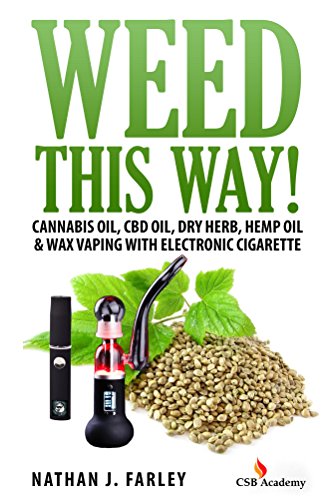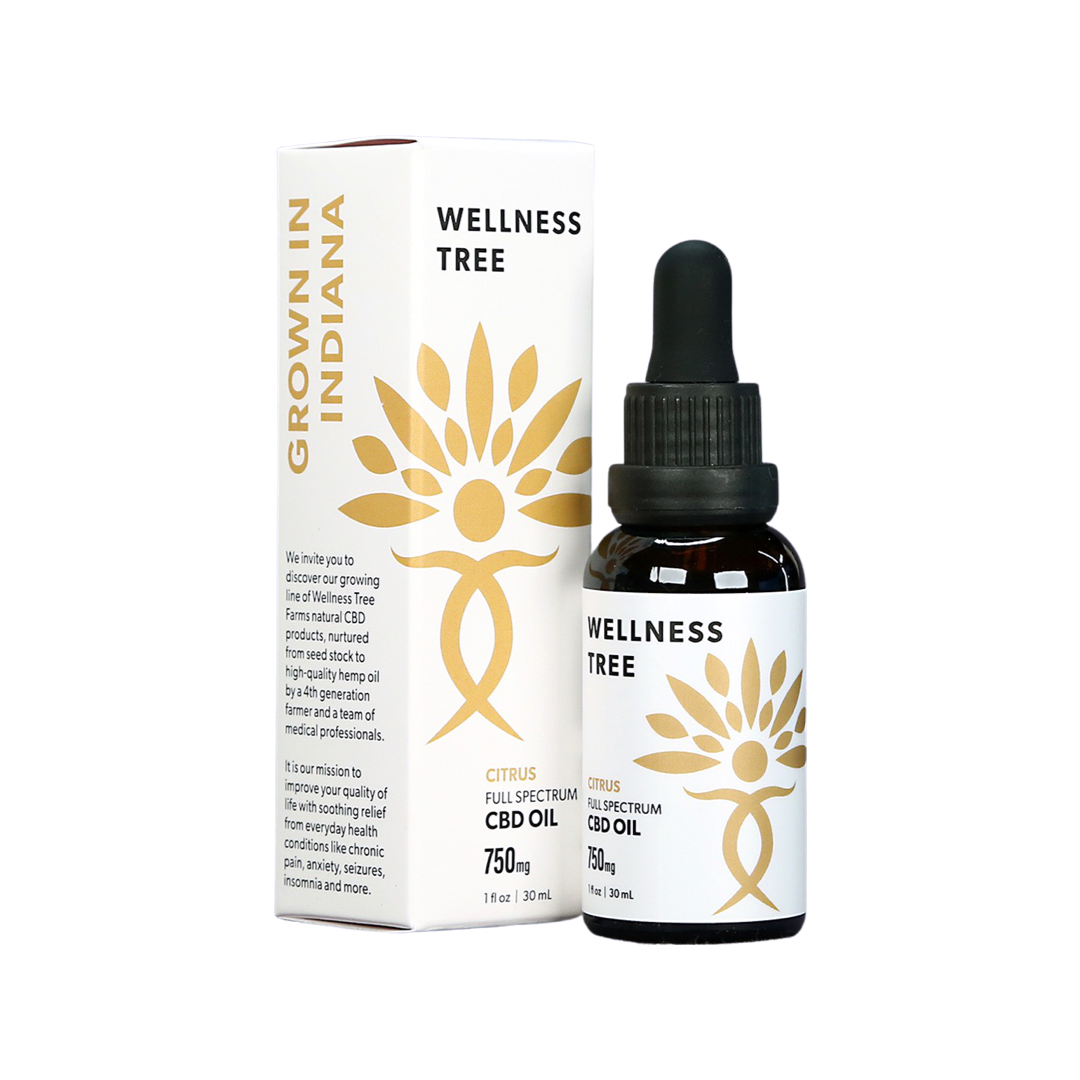
A CBD isolate, which is an unadulterated, THC-free and chemically pure form of CBD, is the purest, most potent, legal, and safest way to get CBD. Because it is tasteless and odorless, CBD isolate is the most safe form of CBD. Although there are some benefits, this product doesn't have the entourage effect that full-spectrum CBD products. This makes it less suitable for people who are sensitive to THC. It can still be an option if you aren't willing to sacrifice the psychoactive effects of THC.
When you take CBD in this manner, it is easier to measure the dose. You can, for example, use a scale to weigh the amount of CBD you are taking and mix it in your favourite beverage or food. You can also dab it onto your skin. This is one of the easiest ways you can consume CBD.
You can start by taking a lower dose if you are unsure how much CBD to consume. You can then increase it by 10mg every three days. You can reduce it as required once you've reached the desired dose. It is always a good idea to check with your doctor. You might experience side effects like nausea or headaches, depending on your dosage.

Your body weight, and other factors will dictate the amount of CBD you should consume. For example, someone who weighs 120 pounds might need only a tiny amount of CBD. A person who is 200 pounds may need more CBD. It is important to speak with your doctor before using CBD.
CBD isolate should be bought only from a trusted supplier. Products that are contaminated, or contain other compounds like THC and opiates should be avoided. You should also be careful with products containing iron or other dietary supplement.
CBD isolate can also serve many other purposes. CBD isolate has been shown to reduce pain and inflammation in some people. It can also be used to reduce swelling and sleep problems. You can add it as a flavoring to your favorite drinks, make skin lotions with it, or mix it in your carrier oil. It is also possible to add it into your e-liquid.
It is important to choose CBD isolate with the same strength as the label. When choosing a CBD product, you should also check its ingredients to make sure it is free of any contaminants.

CBDistillery is a great place to purchase CBD isolate. They make a wide range from organic hemp. Third-party labs test their products to make sure they are free of harmful chemicals. They also offer a 60-day guarantee of satisfaction.
You should also ensure that you only purchase high-quality products. Quality products may have too high THC or too low CBD. Also, beware of products that are not labeled as "cannabidiol." They are legal but don't offer the same health benefits as CBD.
FAQ
What are the best uses of CBD?
The best use for CBD is as an alternative treatment for anxiety. You can also use CBD to treat anxiety, pain, insomnia, epilepsy and inflammation.
CBD can be taken in many forms. CBD can be consumed in many ways. You can eat CBD-rich foods, take CBD tinctures or vape CBD eliquids.
CBD has many health benefits. CBD has been shown to be beneficial for people with chronic pain, anxiety, PTSD, and other conditions.
What are some common mistakes that companies make when they enter the US cannabinoid market?
It is easy to make a mistake by not knowing the regulations surrounding cannabis products. This could mean that you may have to change your product formulation.
The second mistake is not knowing how to properly label your product. It is essential to find out if your product contains either THC or CBD.
The third is how to package your product correctly. If your product contains THC, you need to ensure it is packed in child-resistant containers.
If your product does not contain THC, then you should still follow all packaging laws because there are many states where cannabidiol (CBD) is legal.
It is important to track recalls of your products. Customers should be notified as soon as possible if there are any issues with their product.
How can CBD products sold in a legally compliant manner by companies?
The FDA does no regulate hemp as a crop commodity. However, the agency regulates all other cannabis derivatives (e.g., marijuana) under the Controlled Substances Act. CBD has yet to be subject to specific regulations.
CBD is legal at state level in 29 US states. Federal law considers it illegal. Businesses looking to sell CBD products are left in uncertainty.
The FDA also maintains strict guidelines on how CBD products may be marketed. They must disclose the THC content of any CBD products. Without supporting scientific evidence, CBD cannot be claimed to treat certain medical conditions.
Additionally, the FDA requires manufacturers submit information about manufacturing practices and quality control. They also require companies to conduct clinical trials to prove safety and efficacy.
These factors should be considered by companies when they develop their marketing strategies.
Is the CBD industry saturated?
CBD industry has a growing rate of 25% annually. This growth is expected continue for at most five more years. The industry is expected to grow from $2Billion today to $5Billion by 2020.
Two companies dominate the CBD market: GW Pharmaceuticals (Canndoc Ltd) and Canndoc Ltd. Both are focused on developing pharmaceutical-grade products. However, they have not been very successful thus far. Both are struggling in the marketplace to gain traction.
Cannabidiol is an extract of cannabis with less than 0.3% CBD. It does not have any psychoactive properties. It can be used to treat epilepsy or other medical conditions. It can also be used as a dietary supplement.
There are many different types of CBD products available. Some CBD products can be made with whole plant extracts and others, such as CBD.
These products all share one thing in common: low levels are THC.
These products are legal under US federal law. But, you still have to adhere to local laws when selling CBD products. You should always verify your state's regulations for the sale of CBD products.
In addition, there are several states where CBD products are illegal. These include California and Colorado, Florida, Mississippi. Missouri, New York. North Carolina. Ohio. Oklahoma. Oregon. Rhode Island. South Dakota. Texas. Utah. Virginia. Washington.
CBD products shouldn't be used if you live in any of these states.
Is there evidence that CBD reduces anxiety?
CBD oil can be used to treat anxiety. It interacts with CB1 receptors and CB2 receptors in your brain. The endocannabinoid system regulates mood and stress responses.
Our bodies activate the CB1 receptor when we feel anxious. This receptor triggers the amygdala to activate, which is responsible in emotional processing.
When the CB1 receptor blockage occurs, the amygdala is unable to receive the signal necessary for processing emotions. CBD users have less negative feelings.
A study published in 2017 showed that CBD reduces anxiety in patients with social phobia. Another study concluded that CBD had a positive effect on symptoms of PTSD.
A 2018 review concluded CBD's anxiolytic qualities could be helpful in treating generalized anxiety disorder.
Another study found that CBD could also be used to treat panic attacks.
Numerous studies have found that CBD can increase anxiety in mice.
According to the researchers, this discrepancy between animal and human data may be due in part to differences in CBD's effects on humans and animals.
There are no long-term safety studies available for CBD. Experts agree that CBD is safe when taken as directed.
Where can I find CBD products?
CBD can be bought online or at your local retailer. Online retailers often offer better deals. Many websites will sell CBD products that contain industrial hemp. It contains less than 0.3% of THC.
If you prefer to shop locally, look for brick-and-mortar businesses that specialize in selling CBD products.
Many states now have laws allowing consumers to buy CBD products without a prescription. CBD products can be purchased at your local pharmacy in some states if you are one of them.
CBD products might even be delivered directly at your doorstep.
Statistics
- HR −16 mmHg; 95% CI −26, −6; I2 = 92%) (ncbi.nlm.nih.gov)
- A recent systematic review of human trials also reported that individuals with epilepsy receiving CBD (5–20 mg·kg−1·day−1) were more likely to experience decreased appetite than those receiving placebo (i.e., ~20 vs. 5% of patients) (ncbi.nlm.nih.gov)
- OralWhere HED is the human equivalent dose, and Km is a correction factor estimated by dividing the average body mass (BM) of the species (60, 0.020, and 0.150 kg for 11 humans, mice, and rats, respectively) and by its surface area (see: Nair et al. (ncbi.nlm.nih.gov)
- CBD seems unlikely to directly influence sleep in healthy humans [115] (and maybe “sleep-promoting” in those with certain comorbid conditions) (ncbi.nlm.nih.gov)
- A recent study [161] also found that in vitro CBD treatment (i.e., ≤ 2 h exposure to 10 μM) induced ~40% vasorelaxation in isolated (pre-constricted) (ncbi.nlm.nih.gov)
External Links
How To
What are the most common problems in the CBD industry?
The current market for CBD-based products is expanding at a phenomenal rate. But, businesses who want to enter this market still face numerous challenges. These include a lack of consumer awareness, high cost of entry, limited access to capital, and regulatory uncertainty.
Many people don't know much about CBD or how it works. This means that they cannot make informed decisions about whether or not to buy CBD products.
CBD companies heavily rely on word-of-mouth advertising. This can be costly as it involves advertising and staffing to promote the brand.
The high production costs are another issue that new entrants to the CBD industry face. CBD products can be very costly because of the cost of the raw materials. For example, hemp needs to be grown in specific climates and soil types before it can be processed into CBD oil.
It takes approximately $1,000 per acre to grow enough hemp to process into CBD oil. Many small farmers are unable or unwilling to invest in this product.
Another challenge new entrants face in the CBD market is the lack of access to capital. Because of the stigma associated with this industry, many people are discouraged from opening a business.
The sale of CBD products is still subject to regulatory uncertainty. There are no guidelines for how CBD products should market.
Some states have passed legislation restricting the sale of CBD products, but this has yet to become national policy.
So far, only two states - Maine and Nevada - have legalized recreational marijuana.
Some states, such as Michigan and Massachusetts, are looking at similar measures.
These changes could result in increased competition between CBD manufacturer.
These factors have led many entrepreneurs to choose to work remotely rather than starting a physical business.